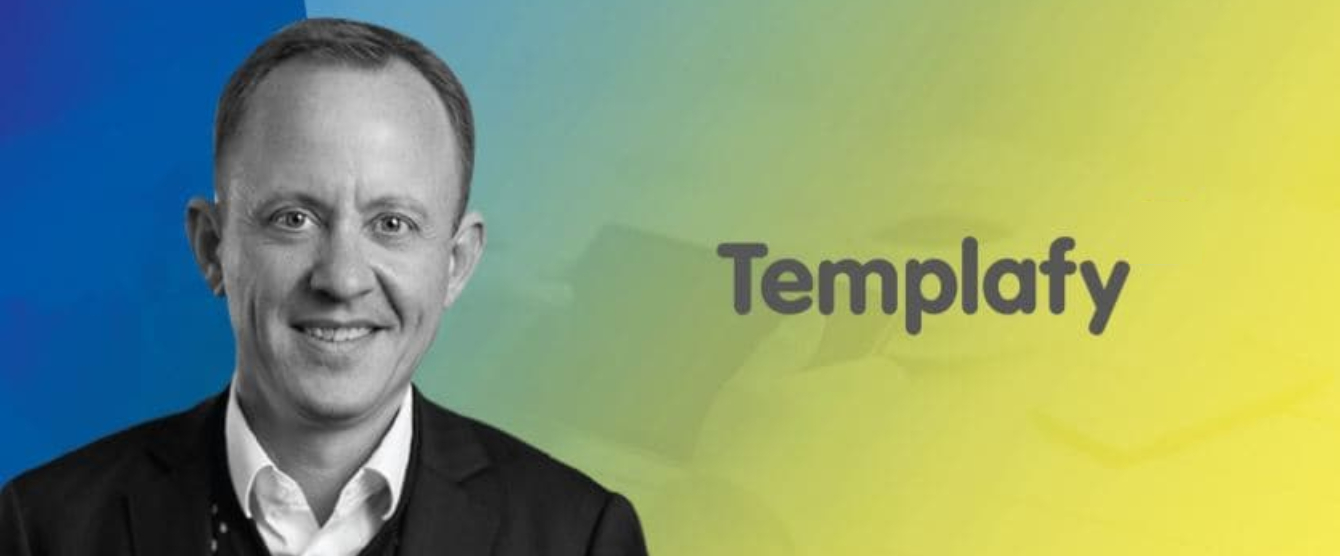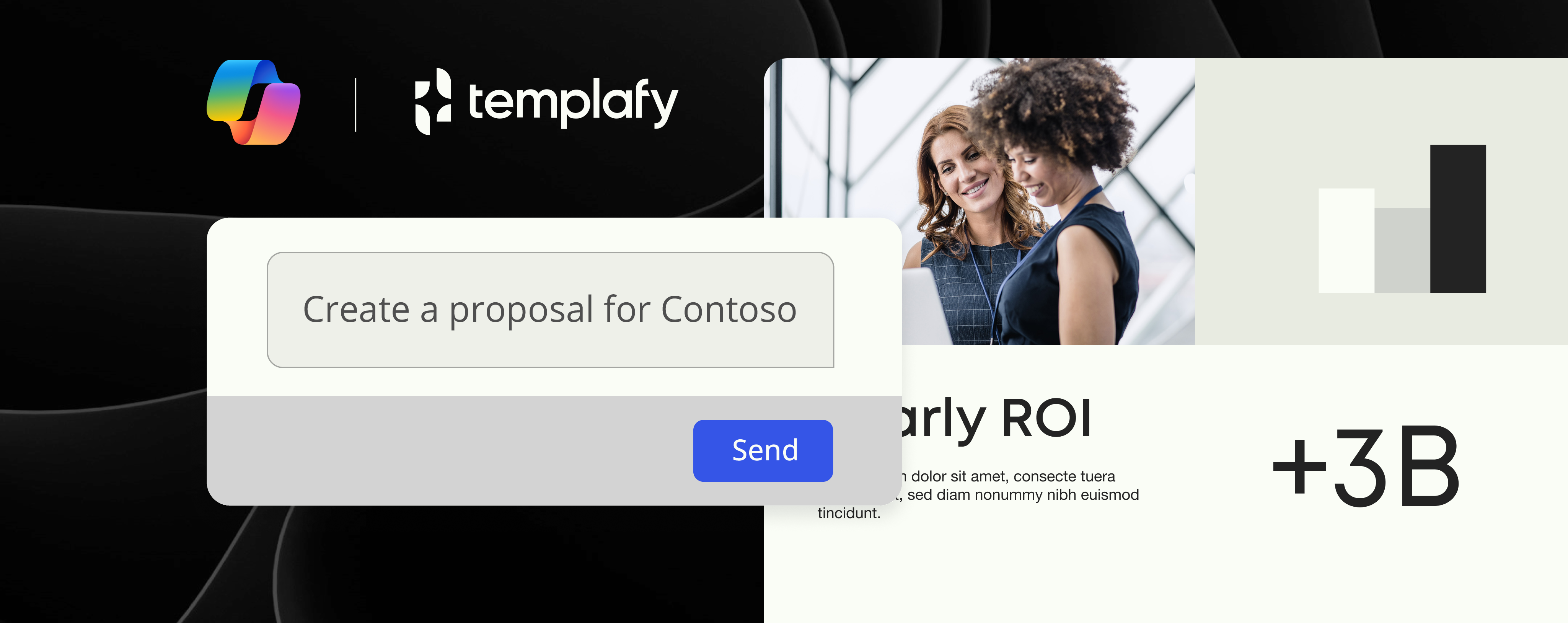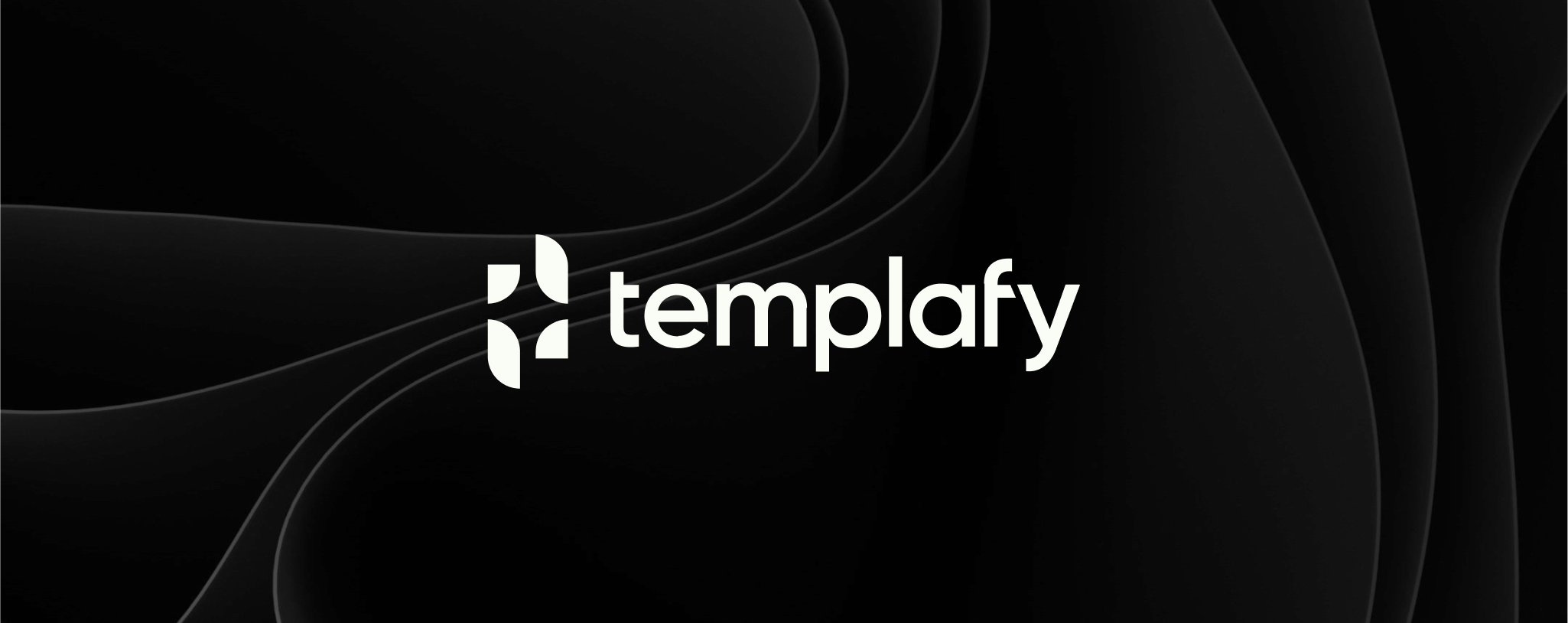MarTech Series Interviews Templafy CEO, Jesper Theill Eriksen

This article was originally published by MarTech Series.
You can read the article here.
Tell us about your role at Templafy and how you got here. What inspired you to join the company?
I became CEO of Templafy in January of 2017. Previously, I was the chairman of the supervisory board for 3 years and also an early private investor. I joined the company because I was experiencing the daily problems that Templafy ultimately solves when I was involved in management for large enterprises.
Given the changing dynamic of marketing technology landscape, where do you see Templafy fitting in a CMO’s stack?
CMOs have strict procedures to govern that all marketing materials look exactly as intended to nurture the brand of their organization. But when it comes to the thousands of documents that employees produce every day, they fall short when controlling the brand compliance. Therefore, they welcome the Templafy platform that allows them to get this considerable brand compliance weakness under control and eliminate the widespread problem of document anarchy.
What does your ‘Ideal Customer’ Profile look like? How do you build your customer segments?
Our ideal customer is a big, complicated global enterprise with many employees, in many locations with several brands and sub-brands that want to be centrally controlled in order to protect their image and build their value. For such customers, we can deliver the most value by streamlining their document production to ensure compliance and increase their overall productivity.
What datapoints do you work on to make Templafy’s products more competitive for optimized results?
The important thing for our customers is document compliance and employee productivity when they produce documents. Therefore, we closely track that employees are using the right templates and digital assets and are saving time doing so.
Read next: Inside Templafy: An Interview with a PowerPoint Expert
How is the global market for Enterprise Content Management (ECM) and Document Automation shaping up with the maturity of B2B Commerce?
An enterprise’s most valuable assets are its brand value and the power of its employees. Improving both of those assets with an intuitive SaaS platform is ideal, especially if you can prove that the platform lives up to ideal security standards.
What makes Templafy different from other ECM providers in the industry?
There are a lot of good providers in the industry. What we strive to do is best help enterprise employees be efficient and compliant when they produce documents – being it sales quotes, employment contracts, strategy presentations etc. Therefore, we integrate with systems for CRM, HR Management, and DAM to present relevant curated content exactly where you need it, most commonly inside the Microsoft Office suite but also within Google Docs and other office products.
What marketing and sales automation tools and technologies do you use?
Currently we use Salesforce, SalesLoft, DiscoverOrg, Geckoboard and of course Templafy.
How are you preparing for the post-GDPR disruptions?
We are already fully GDPR compliant both in relation to the service we provide to our customers and in our own commercial operations. We actually did not need to do that much because we as an enterprise provider already had strict security and data protection procedures and rules.
How do you prepare for an AI-centric world as a business leader?
In prep for an AI-centric world, we are trying to understand the tremendous long-term opportunities of AI as well as the short-term tangible benefits it can bring to our customers and our own business. And then of course focus on what it takes to start taking advantage of the opportunities. The fastest way to adapt to the AI boom is to build on existing successful AI platforms such as Microsoft, instead of building your own algorithms in order to get your data collected and organized in an efficient way.
How do you inspire your people to work with technology?
By making it clear what value it can bring to people’s everyday lives.
One word that best describes how you work.
Together.
What’s your smartest work-related shortcut or productivity hack?
Meetings without laptops and mobiles.
What are you currently reading? (What do you read, and how do you consume information?)
Right now, I’m reading “4321” by Paul Auster and other general modern literature, which helps me better understand how human beings react and relate, which I believe is an important fundament for good leadership.
What’s the best advice you’ve ever received?
Be happy at work or stay home.
Tag the one person in the industry whose answers to these questions you would love to read:
Chris Hall, CEO, Bynder


